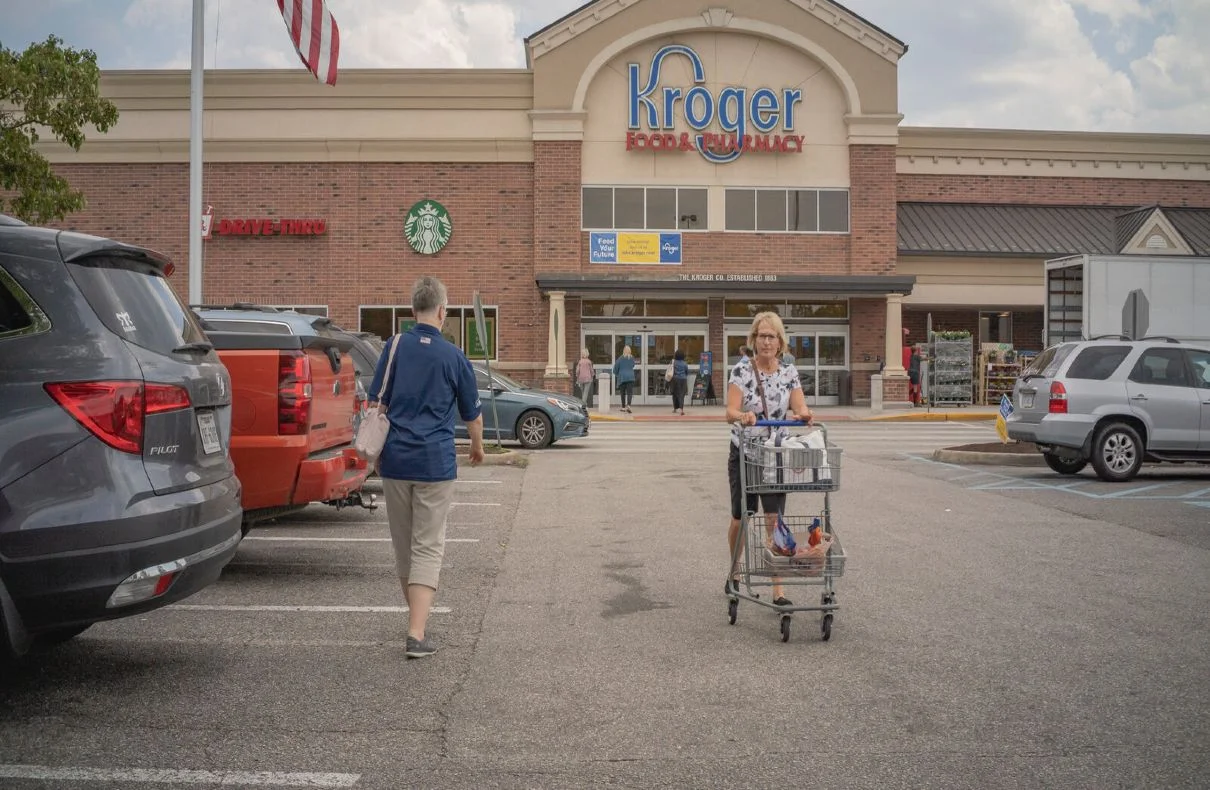The grocery industry is no stranger to mergers and acquisitions, and the latest news in this realm involves a lawsuit surrounding the Kroger-Albertsons merger. The $24.6 billion acquisition, explore the grounds for the lawsuit, and analyze the implications it may have for the grocery industry.
The Kroger-Albertsons merger has been making waves in the business world, with its whopping $24.6 billion price tag. The merger aimed to create a grocery powerhouse, combining the strengths of Kroger, one of the largest supermarket chains in the United States, with Albertsons, a major player in the industry. This strategic move was expected to lead to increased market share and potentially bring about greater efficiency in operations.
However, not everything went according to plan for the Kroger-Albertsons merger. A lawsuit has been filed, raising concerns about the legality of the acquisition. The lawsuit claims that certain aspects of the merger violate antitrust laws and could lead to decreased competition in the grocery industry.
Macy’s Announces Closing of 150 Stores: A Bold New Chapter for the Retail Giant
The plaintiffs argue that the merger would create a grocery giant with an excessive amount of market power, potentially giving them the ability to manipulate prices and stifle competition. Such concerns are not uncommon in acquisitions of this magnitude, where consolidation can lead to a lack of competition in certain markets.
The specific grounds for the lawsuit against the Kroger-Albertsons merger involve potential antitrust violations. Antitrust laws aim to promote fair competition and prevent the creation of monopolies or the abuse of market power. The lawsuit alleges that the merger would result in a substantial reduction in competition, particularly in certain geographic areas where Kroger and Albertsons operate.
The plaintiffs argue that the merger would limit consumer choice and negatively impact pricing dynamics. They claim that with fewer competitors in the market, the newly formed entity would have the ability to set prices at its discretion, potentially leading to higher prices for consumers. Additionally, they express concerns about potential job losses that could occur as a result of the consolidation.
The outcome of the Kroger-Albertsons merger lawsuit could have far-reaching implications for the grocery industry. If the lawsuit is successful, it could set a precedent for future mergers and acquisitions within the industry. Regulators may scrutinize similar mergers more closely to ensure that they do not result in reduced competition and negative consequences for consumers.
The Role of the National Guard in Ensuring Safety at Brockton High School
Moreover, the lawsuit highlights the importance of maintaining a competitive marketplace in the grocery industry. Competition leads to innovation, lower prices, and a wider array of choices for consumers. If the merger were to proceed without any legal intervention, it could potentially reshape the competitive landscape and reduce the number of players in the market, altering the dynamics of the industry significantly.
The Kroger-Albertsons merger lawsuit has shed light on the potential antitrust concerns associated with large-scale acquisitions in the grocery industry. With a lawsuit filed, the legality of the $24.6 billion acquisition is being questioned, as it could result in reduced competition and potential harm to consumers.
The outcome of this lawsuit will undoubtedly be closely watched by industry observers, and it could set a precedent for future mergers and acquisitions in the grocery sector. The implications of this case go beyond the parties involved, as they have the potential to shape the competitive landscape of the entire industry.
